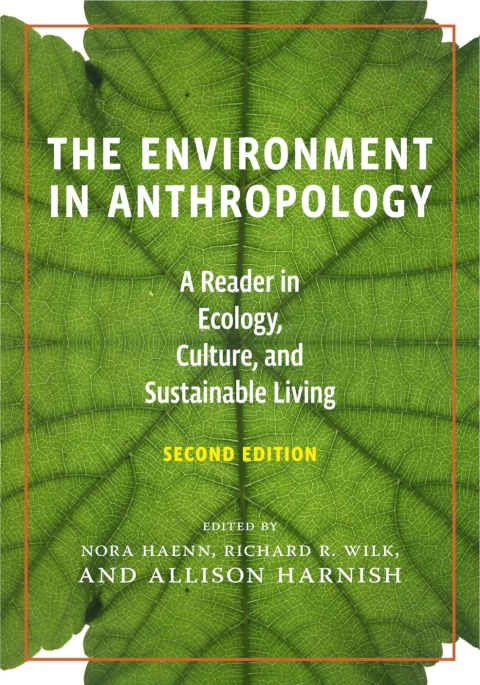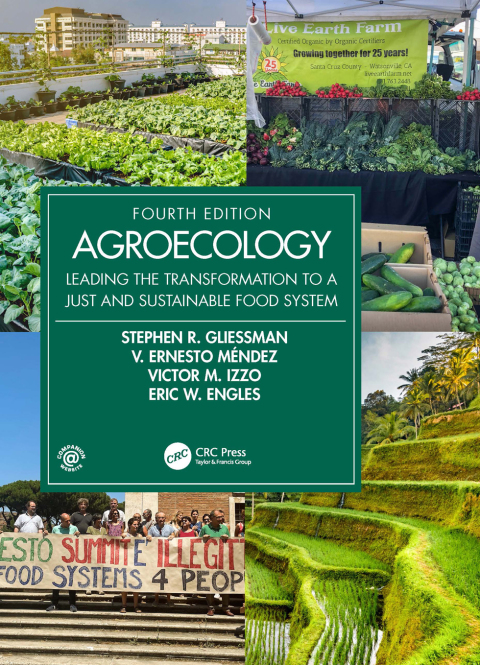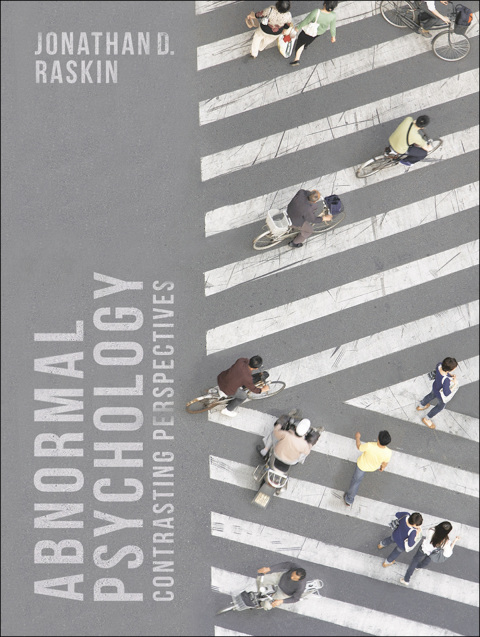Description
Efnisyfirlit
- Contents
- Acknowledgments
- General Introduction
- SECTION 1. SO, WHAT IS ENVIRONMENTAL ANTHROPOLOGY?
- 1. The Concept and Method of Cultural Ecology
- 2. Smallholders, Householders
- 3. False Forest History, Complicit Social Analysis: Rethinking Some West African Environmental Narra
- 4. Gender and Environment: A Feminist Political Ecology Perspective
- 5. A View from a Point: Ethnoecology as Situated Knowledge
- 6. Ethics Primer for University Students Intending to Become Natural Resources Managers and Administ
- SECTION 2. WHAT DOES POPULATION HAVE TO DO WITH IT?
- 7. Ester Boserup’s Theory of Agrarian Change: A Critical Review
- 8. The Benefits of the Commons
- 9. 7 Billion and Counting
- 10. Rural Household Demographics, Livelihoods, and the Environment
- 11. Carrying Capacity’s New Guise: Folk Models for Public Debate and Longitudinal Study of Environ
- 12. The Environment as Geopolitical Threat: Reading Robert Kaplan’s “Coming Anarchy”
- SECTION 3. WHAT ARE URBAN, RURAL, AND SUBURBAN ENVIRONMENTS?
- 13. The Growth of World Urbanism
- 14. Economic Growth and the Environment
- 15. Bhopal: Vulnerability, Routinization, and the Chronic Disaster
- 16. The Lawn-Chemical Economy and Its Discontents
- 17. Addictive Economies and Coal Dependency: Methods of Extraction and Socioeconomic Outcomes in Wes
- 18. The Anti-Politics Machine: “Development” and Bureaucratic Power in Lesotho
- SECTION 4. HOW DOES GLOBALIZATION AFFECT ENVIRONMENT AND CULTURE?
- 19. How Do We Know We Have Global Environmental Problems? Science and the Globalization of Environme
- 20. Bottled Water: The Pure Commodity in the Age of Branding
- 21. Indigenous Initiatives and Petroleum Politics in the Ecuadorian Amazon
- 22. Land Tenure and REDD+: The Good, the Bad, and the Ugly
- 23. Friction: An Ethnography of Global Connection
- SECTION 5. HOW DO IDENTITIES SHAPE ECOLOGICAL EXPERIENCES?
- 24. Cultural Theory and Environmentalism
- 25. Endangered Forests, Endangered People: Environmentalist Representations of Indigenous Knowledge
- 26. The Nature of Gender: Gender, Work, and Environment
- 27. “But I Know It’s True”: Environmental Risk Assessment, Justice, and Anthropology
- 28. Bringing the Moral Economy Back in . . . to the Study of 21st-Century Transnational Peasant Move
- 29. How to Queer Ecology: One Goose at a Time
- SECTION 6. CAN BIODIVERSITY BE CONSERVED?
- 30. Neoliberal Conservation: A Brief Introduction
- 31. The Power of Environmental Knowledge: Ethnoecology and Environmental Conflicts in Mexican Conser
- 32. Radical Ecology and Conservation Science: An Australian Perspective
- 33. Stolen Apes: The Illicit Trade in Chimpanzees, Gorillas, Bonobos, and Orangutans
- 34. Difference and Conflict in the Struggle over Natural Resources: A Political Ecology Framework
- SECTION 7. IS GREEN CONSUMERISM THE ANSWER?
- 35. The Invisible Giant: Cargill and Its Transnational Strategies
- 36. Treading Lightly? Ecotourism’s Impact on the Environment
- 37. What Is Degrowth? From an Activist Slogan to a Social Movement
- 38. Protecting the Environment the Natural Way: Ethical Consumption and Commodity Fetishism
- SECTION 8. OKAY, NOW WHAT?
- 39. Living Up to Our Words
- 40. Social Responsibility and the Anthropological Citizen
- 41. World Is Burning, Sky Is Falling, All Hands on Deck! Reflections on Engaged and Action-Oriented
- 42. A Wonderfully Incomplete Bibliography of Action-Oriented Anthropology and Applied Environmental
- Contributors
- Index
- A
- B
- C
- D
- E
- F
- G
- H
- I
- J
- K
- L
- M
- N
- O
- P
- Q
- R
- S
- T
- U
- V
- W
- X
- Y
- Z






Reviews
There are no reviews yet.